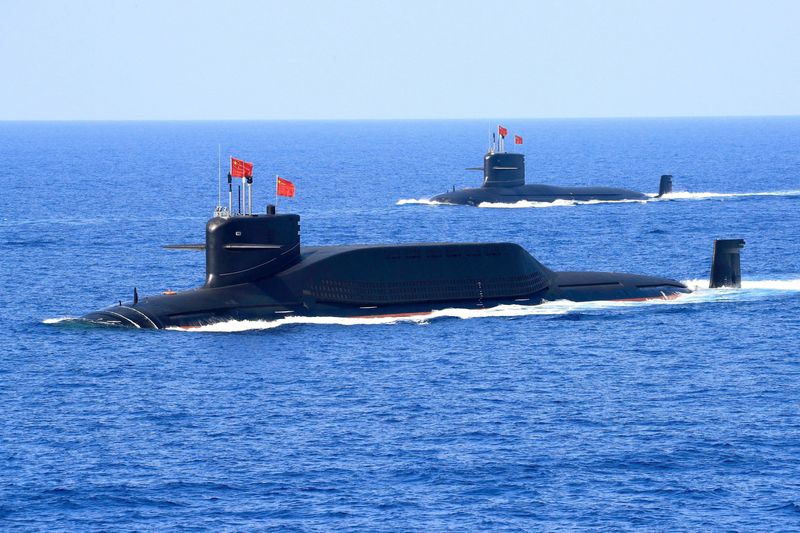Emmanuel Macron’s move to call snap elections has cast a shadow over the Paris Olympic Games, raising the possibility of political unrest and a far-right government in charge of the world’s biggest sporting event.
The far-right Rassemblement National (RN) is projected to become the biggest parliamentary party after the run-off vote on Sunday. While a hung parliament appears the most likely outcome, if the RN were to win a majority, its 28-year-old party chief Jordan Bardella could be prime minister when the Games open on July 26, with his team greeting top athletes and dignitaries from across the world.
The timing of Macron’s decision to dissolve parliament was “catastrophic for the Games”, said Pascal Boniface, head of Paris-based think-tank Iris and an expert on the politics of sport. “We are in the thickest of fog over the future.”
Pierre Rabadan, a senior official responsible for Olympics planning in the Paris mayoralty of Socialist Anne Hidalgo, told the Financial Times he was “stupefied” by Macron’s “irresponsible” decision.
While he said the main strategic decisions had already been made, the move had raised “pragmatic and operational questions”, including deploying mayoral staff and city police for both the elections and the Games.
“We had thought about all the possible scenarios, except for the dissolution of the Assembly,” added Rabadan, a former professional rugby player with Stade Français.
Security experts had already warned of big policing challenges for the opening ceremony, in which thousands of athletes will sail down the River Seine watched by around 300,000 spectators along the quays. Pressure on security services would further be aggravated if anti-RN protesters were to take to the streets, they said.

Rabadan said his main concern now was the image of France that a far-right government, with an anti-immigration and nativist policy platform, would present.
“The Games are about welcoming the entire world and showing that we are an open country,” Rabadan said. “That clearly goes completely against what the Rassemblement National wants.”
Hidalgo told France 2 on Tuesday that “the party would not be spoiled” by an RN government.
But dozens of athletes have voiced concerns about the elections. Prior to the first round, French football star and captain of the national team Kylian Mbappé called on the electorate to vote “against the extremists”, while almost 300 sportspeople, including Rabadan, signed a column in French sports publication L’Equipe opposing the RN.
“In my memory, I have never seen athletes engage to this extent in the political field,” said Boniface.
Macron’s sports minister Amélie Oudéa-Castera told journalists ahead of the first round that despite the extensive preparations for the Olympics, an RN majority would mean far-right politicians with no experience in national government would still have to make important decisions “in a geopolitical context that is difficult, delicate and tense”.
Bardella has said he would not change the officials running the Games.
Guy Drut, a former 110m hurdles Olympic champion and sports minister under President Jacques Chirac, and one of the few athletes to publicly back the RN campaign, told Le Monde: “There is no reason the Games would go badly under an RN government.”
Scattered protests were held against the RN after the first-round vote. Paris police commissioner Laurent Nuñez told France Inter that the authorities were ready for further unrest but that this would not interrupt the Games.
“We’re preparing for this type of protest and we will have an extremely large [presence] in the Greater Paris region of 45,000 officers to manage [disorder],” he said.
In a further potential risk to smooth running, four unions representing airport management staff have threatened to strike in pursuit of “a uniform and fair bonus” for working during the event. Police, air traffic controllers, rubbish collectors and train and bus staff have already been promised bonuses.
Despite his confidence that policing and organisation were well in hand, Rabadan lamented the impact of the elections on the build-up. “There is very, very strong enthusiasm and popular support,” he said. “But the president’s decision . . . has put a stop to that rise in excitement we were hoping for, so that’s really quite disappointing.”














































